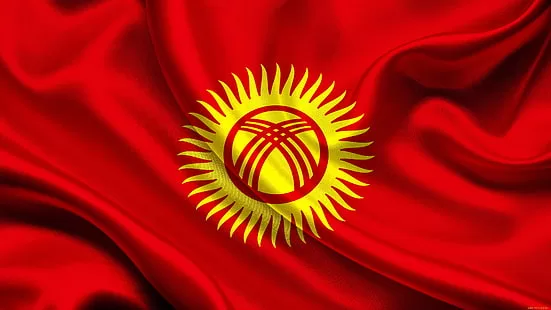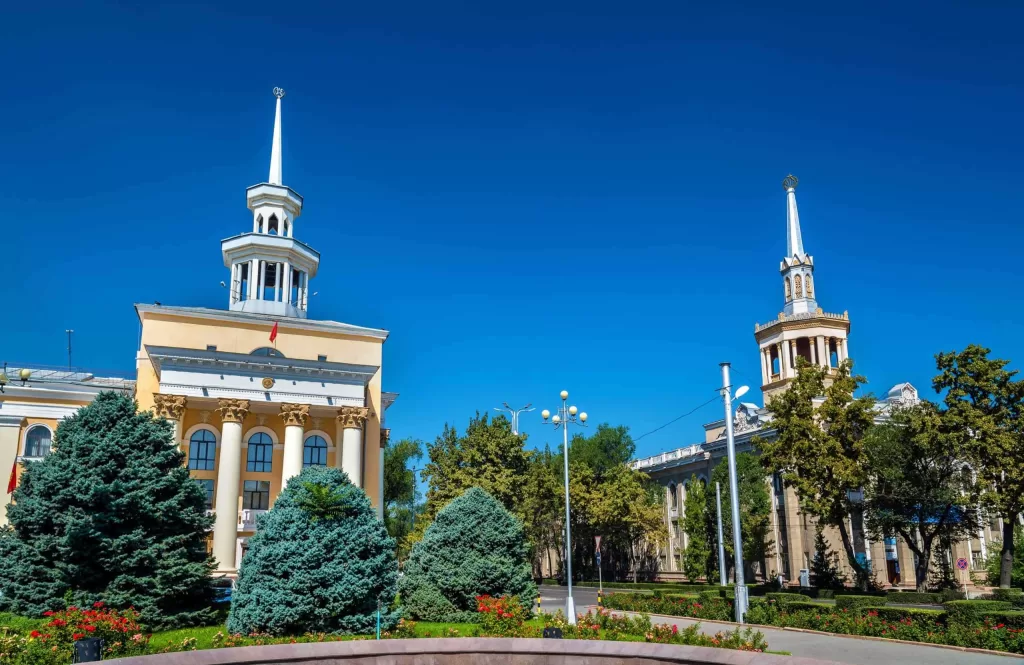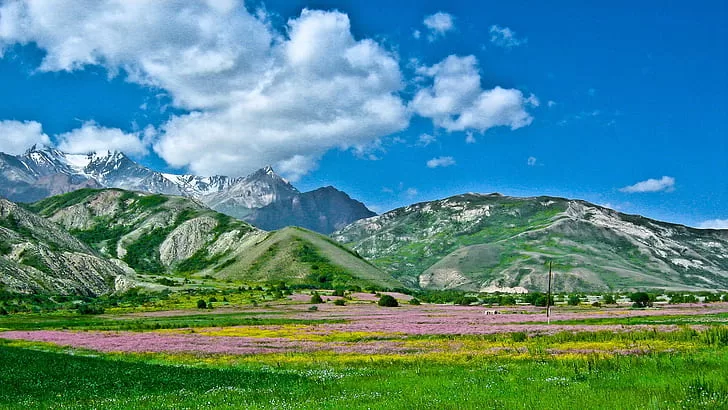Kyrgyzstan Country Report

Kyrgyzstan, a landlocked country in Central Asia, is known for its mountainous terrain, rich cultural heritage, and turbulent political history. Since gaining independence from the Soviet Union in 1991, Kyrgyzstan has experienced periods of political instability, including two revolutions in 2005 and 2010, which led to changes in government and governance structures. The country operates as a parliamentary republic, with a president serving as the head of state and a prime minister heading the government. However, power struggles between various political factions, ethnic tensions, and corruption have hindered the country’s democratic development and socio-economic progress. Kyrgyzstan faces challenges such as poverty, unemployment, and inadequate infrastructure, despite its potential in sectors like agriculture and tourism. Additionally, regional geopolitics and security concerns, including tensions with neighboring countries and the presence of militant groups, further complicate Kyrgyzstan’s domestic and foreign policy dynamics. Overall, the country continues to navigate a delicate path towards stability, democracy, and economic development amidst internal and external challenges.
Last updated: April 11, 2022
Security
Kyrgyzstan faces various security challenges, including domestic instability, terrorism, and ethnic tensions. The country has experienced periods of political unrest, including two revolutions in 2005 and 2010, which have resulted in changes in government and occasional outbreaks of violence. Additionally, Kyrgyzstan is vulnerable to terrorist threats, particularly from extremist groups operating in the region, such as the Islamic Movement of Uzbekistan. Ethnic tensions, especially between Kyrgyz and Uzbek communities in the southern part of the country, have occasionally erupted into violence, posing a significant security concern. Moreover, organized crime, including drug trafficking and smuggling, also presents challenges to the country’s security apparatus. The government has implemented measures to address these threats, including strengthening law enforcement agencies, enhancing border security, and promoting interethnic harmony. However, achieving lasting security and stability in Kyrgyzstan remains a complex and ongoing process that requires addressing underlying socio-economic grievances and fostering inclusive governance.
Last updated: April 26, 2022
Infrastructure

Kyrgyzstan’s infrastructure is characterized by both strengths and challenges. The mountainous terrain presents difficulties for transportation and communication networks, limiting access to remote areas. However, the country has invested in improving infrastructure, particularly in urban centers and along key transportation routes. Bishkek, the capital, has modern amenities such as paved roads, utilities, and telecommunications. The Manas International Airport serves as a vital hub for international travel. Despite these advancements, challenges persist in rural areas, where infrastructure remains underdeveloped, with limited access to electricity, clean water, and healthcare facilities. Additionally, Kyrgyzstan’s energy sector faces issues such as aging infrastructure and dependence on imported energy sources. To address these challenges, the government has undertaken infrastructure projects with the support of international donors and investors, aiming to enhance connectivity, promote economic development, and improve living standards across the country.
Last updated: June 27, 2023
Environment

Kyrgyzstan’s environment is characterized by its diverse and picturesque landscapes, including mountains, valleys, and alpine meadows. The country is rich in natural resources and biodiversity, with numerous rivers, lakes, and forests. However, Kyrgyzstan faces environmental challenges, including deforestation, soil erosion, and water pollution, stemming from unsustainable land use practices and industrial activities. Moreover, climate change poses risks such as melting glaciers, erratic weather patterns, and natural disasters like floods and landslides. The agricultural sector, which is vital to the economy and livelihoods of many Kyrgyz people, is particularly vulnerable to these environmental changes. To address these challenges, Kyrgyzstan has implemented conservation initiatives, reforestation programs, and measures to promote sustainable agriculture and eco-tourism. International collaborations and partnerships also play a crucial role in supporting Kyrgyzstan’s efforts to protect its environment and promote sustainable development for future generations.
Last updated: March 15, 2022
Health and Medical
Kyrgyzstan’s healthcare system faces challenges related to access, quality, and affordability, particularly in rural areas. The country’s healthcare infrastructure is underdeveloped, with shortages of medical personnel, equipment, and facilities. While basic healthcare services are provided by the government, the quality and availability of care vary widely across regions. Additionally, out-of-pocket expenses for medical treatment can be burdensome for many citizens, leading to disparities in access to healthcare. Preventive care and public health initiatives are limited, contributing to the prevalence of infectious diseases and other health issues. Despite these challenges, Kyrgyzstan has made efforts to improve its healthcare system through reforms, including investments in healthcare infrastructure, training of medical personnel, and expansion of health insurance coverage. International aid and partnerships also play a role in supporting healthcare development initiatives in the country. However, ongoing efforts are needed to address the underlying issues and ensure access to quality healthcare for all Kyrgyz citizens.
Last updated: September 6, 2023
Political
Kyrgyzstan operates as a parliamentary republic with a multi-party system, characterized by a history of political turbulence and frequent changes in government. The country’s political landscape is marked by a balance of power between the president, who serves as the head of state, and the parliament, which holds significant legislative authority. However, political instability, corruption, and ethnic tensions have posed challenges to democratic governance and socio-economic development. Kyrgyzstan has experienced multiple revolutions and protests, leading to changes in leadership and occasional outbreaks of violence. The country’s political parties are diverse and often aligned with regional or ethnic interests, contributing to a complex and fragmented political environment. Despite these challenges, Kyrgyzstan continues to strive towards strengthening democratic institutions, promoting political pluralism, and addressing issues of governance and accountability. International observers play a role in monitoring elections and supporting democratic processes in the country.
Last updated: March 25, 2022















